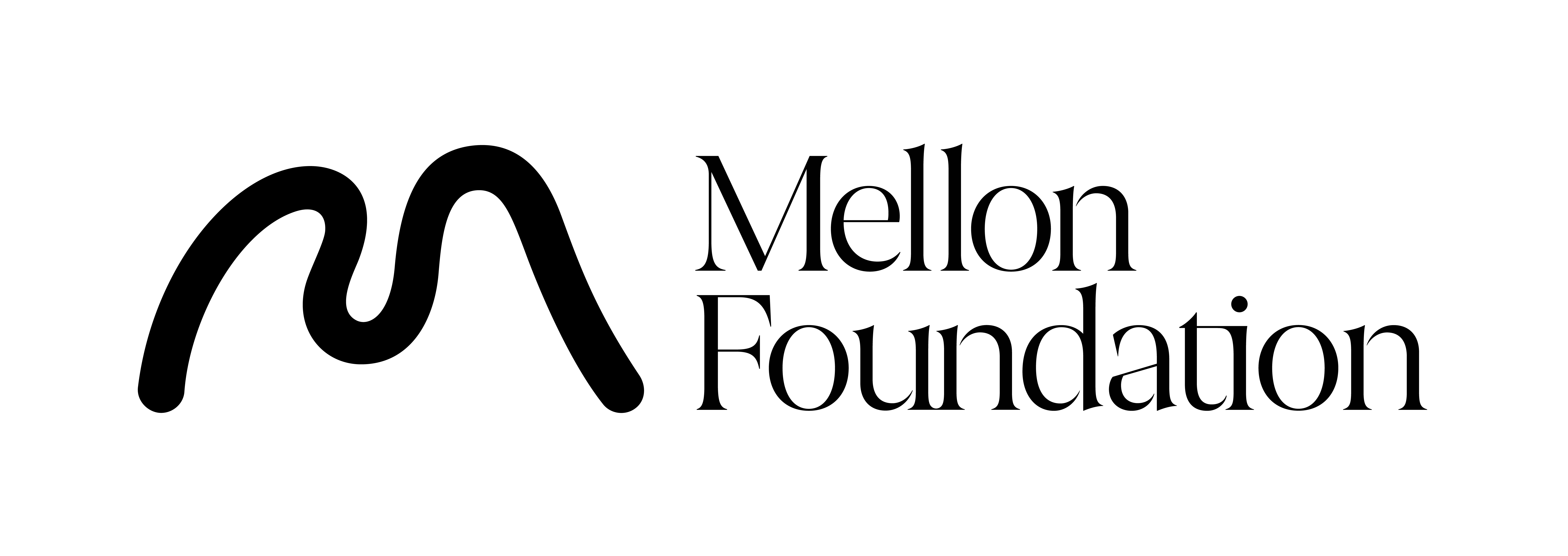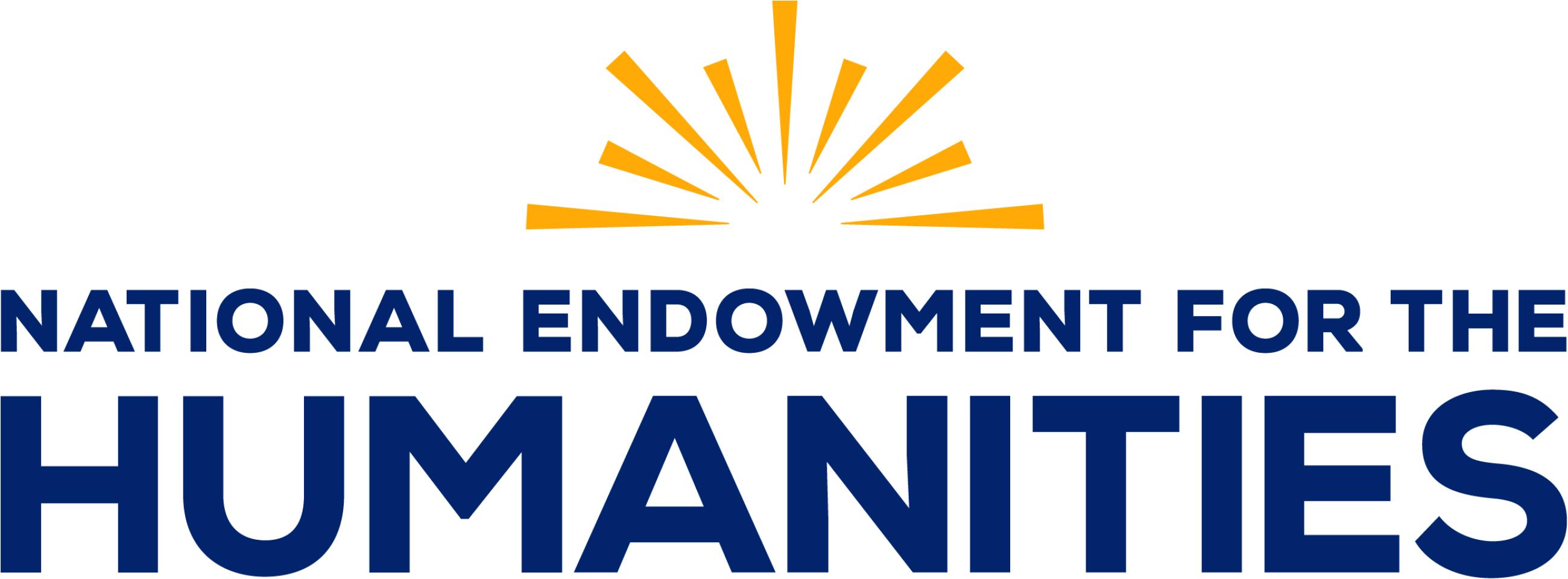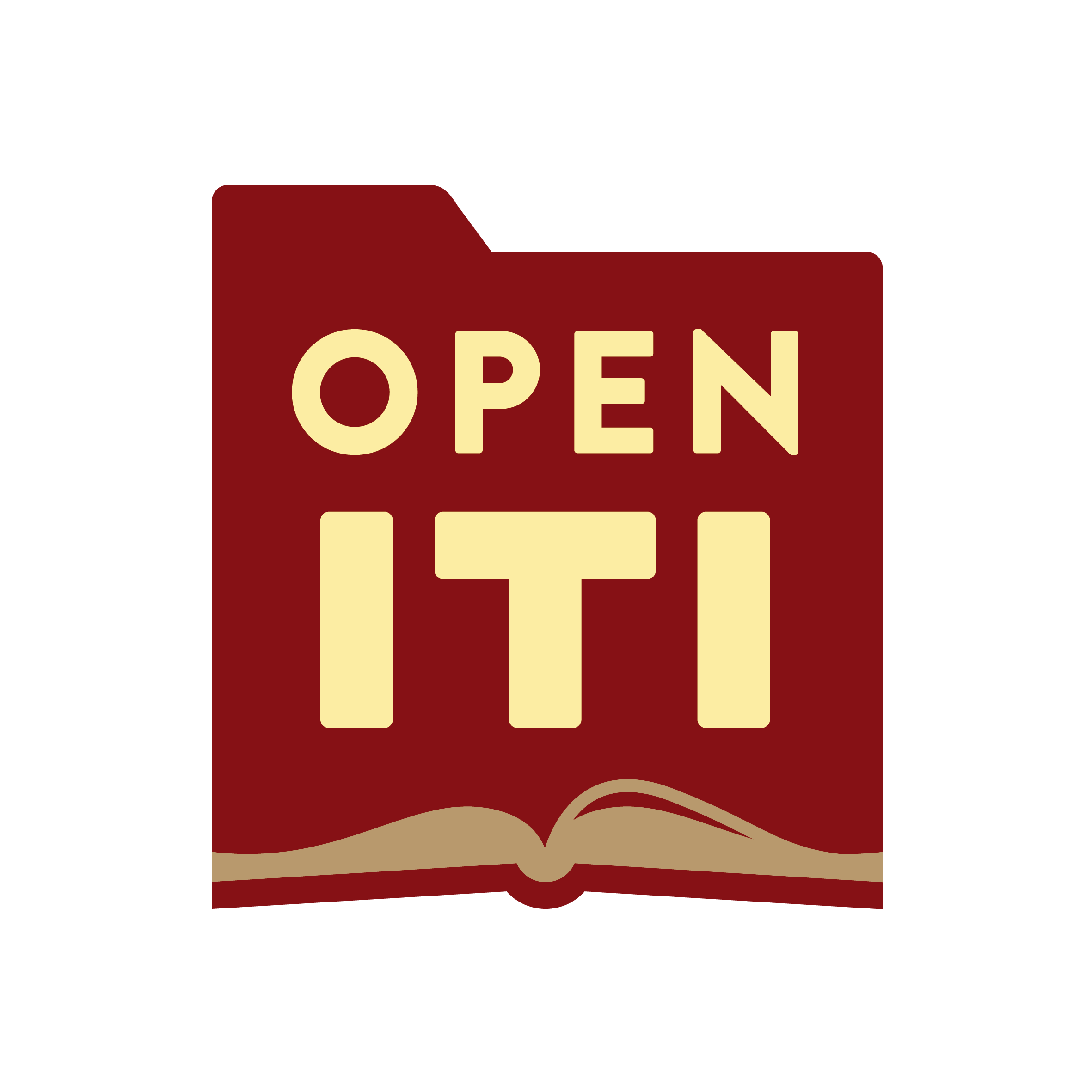In today’s academic world, virtually every scholar in the humanities, Islamicate and otherwise, engages with digital tools and methods of some sort. Whether it is through search engines, electronic catalogs, digitized manuscripts, electronic word processors, email, or social media, the use of digital resources and digital tools has become integral to our scholarly work. Despite the ubiquity of the digital in our day-to-day work, many of us have never really reflected at any depth on our digital workflows and processes or the ways in which our digital habits interact with our scholarly work as a whole.
We—Jonathan Parkes Allen and Taimoor Shahid—are interested in hearing from you about your experiences as an Islamicate digital humanist, which in this case entails anyone using digital resources and tools for any field of study broadly related to the Islamicate world, modern or pre-modern, in history, literary studies, anthropology, and so forth. Our goal is to compose an article that surveys the diverse digital workflows and practices of our colleagues, reflecting on common themes, struggles, desires, and strengths. This will provide insights into the current state of the field and practice of Islamicate digital humanities and guide our future work at OpenITI.
If you are interested in participating, please fill out the linked survey administered through Google Forms. It consists of three short sections: your personal and academic information; short questions with multiple choice or yes/no answers; additional open-ended questions with more opportunity to reflect in your own writing to whatever length you desire.
We will lightly edit the responses for inclusion in the article and offer the option for anonymous submission, though we do encourage contributors to attach their names to their submissions, regardless of whether their digital workflows are cutting-edge or quotidian. We are not only looking for people who regard themselves as practitioners of the digital humanities, but anyone who makes use of any combination of digital resources and tools, from online text browsing to building your own programs from scratch. Thank you in advance for your participation!




